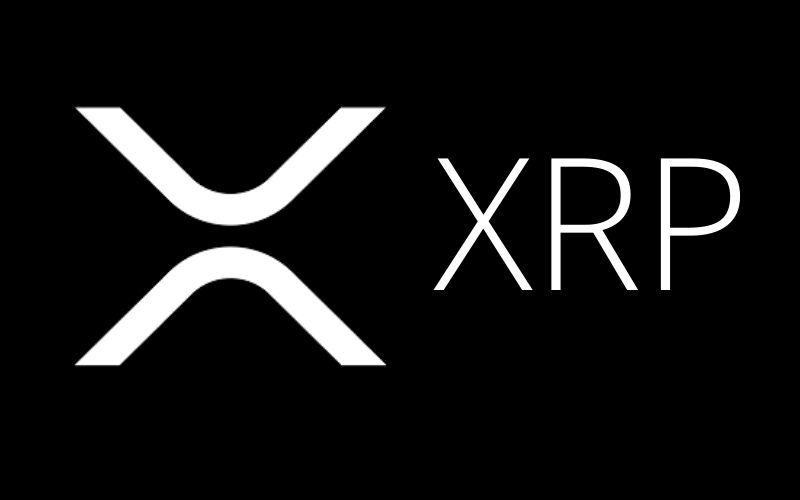According to an independent body of global finance leaders, the remittance network powered by the Ripple’s digital token, XRP, leapfrogs the slow and expensive traditional banking system.
In a report recently published by the Group of 30 called G30, central banks, and financial authorities across the world are called to actively regulate digital assets for the world to leverage their benefits.
In the report, the group of 30 experts stresses the possibility of a systemic hegemonic currency that some researchers think is a solution to spillover shocks caused by the US dollar acting as the world’s reserve currency. The proposed currency could be a stablecoin pegged to the deposits of various central banks across the world.
According to the G30 experts, the systemic currency could possess the use cases embedded in the third-largest cryptocurrency by market capitalization, XRP.
The experts further pointed out that the tokenization of currency is capable of causing serious disruption to the cross-border payment system since bank intermediation. However, the G30 experts are skeptical of a possibility for digital assets to serve as fully functional currencies independent of governments.
The report reads in part below:
“It is possible that such a stablecoin could be valuable for cross-border payments, serving a function similar to that offered in the private sector by Ripple, a real-time gross settlement system, currency exchange, and remittance network whose digital currency, XRP, leapfrogs slow and expensive correspondent banking.”
“The libertarian view that a superior private sector currency (such as a cryptocurrency) could somehow supplant a government currency is utterly naïve. The long history of currency shows that while the private sector may innovate, in due time the government regulates and appropriates. Currency competition between the private sector and the public sector is never a level playing field.”
“Given the challenges the euro has faced, and the difficulty of having transnational money without a transnational fiscal and regulatory authority, it is difficult at this point to see how a global currency could evolve digitally when it has not yet happened with the existing system. Nevertheless, the externalities posed by digital currencies may prove so significant that previously unthinkable levels of international coordination become possible.”
